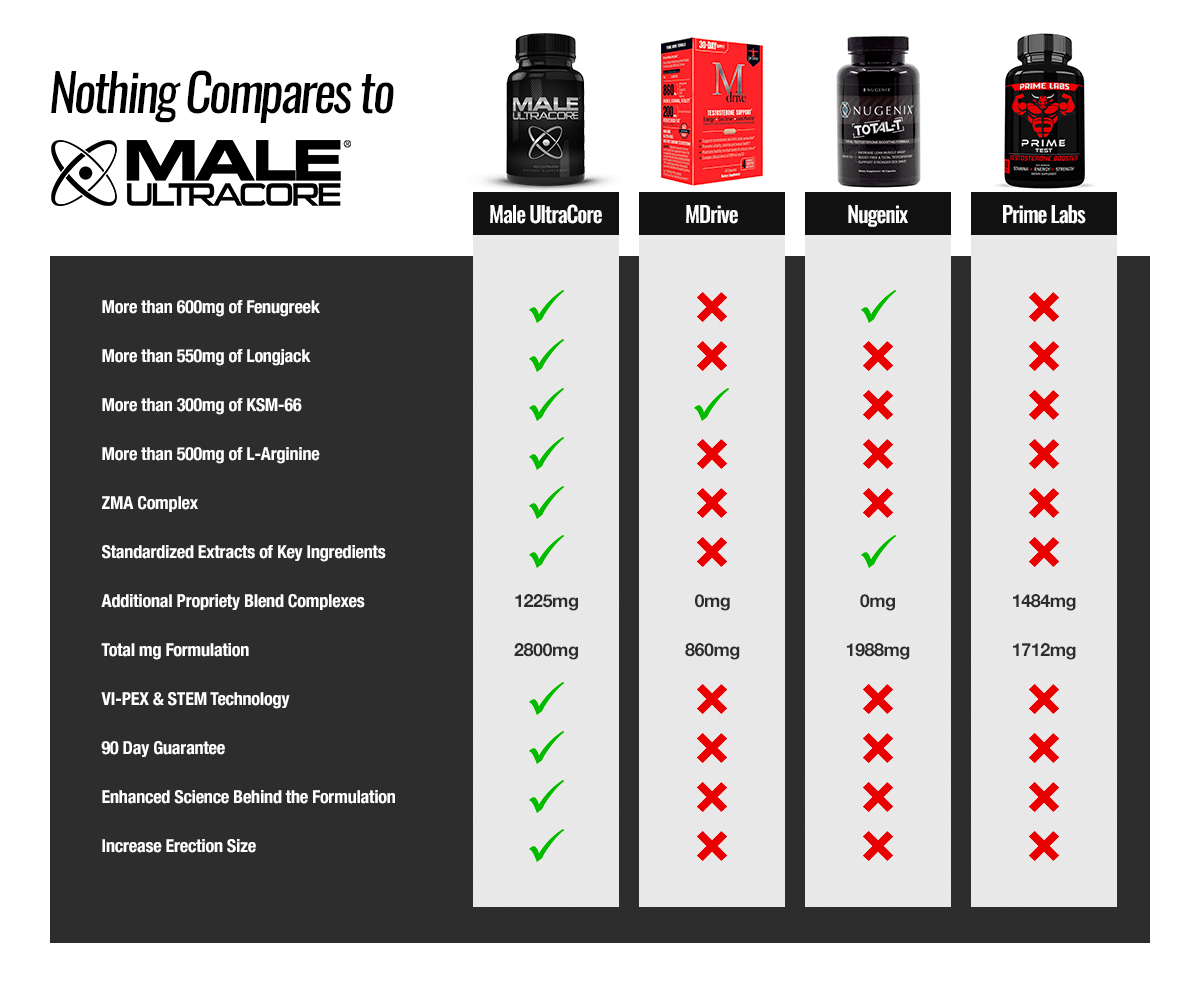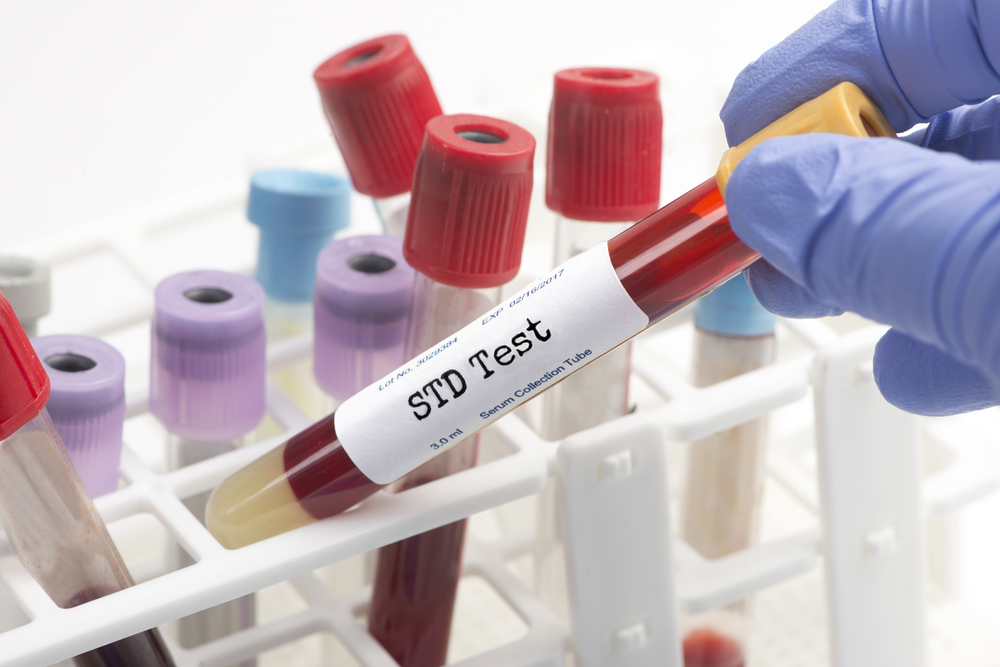Despite the increased awareness about sexually transmitted diseases, tens of millions of new cases of STDs still occur in the United States every year. If you engage in unprotected sex or if you have multiple sex partners, you could be at risk of STDs too. Plus, there’s also the fact that certain STDs can be acquired even without actual sexual contact.
Getting yourself tested for STDs is one way of protecting yourself. If you’re not comfortable about going to your doctor to have yourself tested, there are STD testing kits that you can use in the privacy of your own home. Read on to learn more about STD symptoms, getting yourself tested, and what you can do to protect yourself.
CDC Recommendations for STD Testing
According to the US Centers for Disease Control, sexually active adults and even adolescents aged at least 13 years old should get tested for HIV at least once annually. Sexually active women should also get themselves tested at least once a year for both gonorrhea and chlamydia.
Pregnant women, on the one hand, need to be tested for several STDs during their pregnancy. They need to be screened for HIV, syphilis, and hepatitis B early in their pregnancy to find out if they or their babies are infected. At-risk pregnant women also need to be tested for gonorrhea and chlamydia.
Gay and bisexual men who are sexually active, on the other hand, tend to be more vulnerable to STDs. Thus, they may need to undergo testing more frequently, especially for HIV, gonorrhea, syphilis, and chlamydia. HIV testing should also be done for anyone who engages in unsafe sex or who shares injection equipment.
Condoms and STD Prevention
Most people associate condoms with birth control. But even if you feel you don’t have a need for birth control, you may still want to use condoms to protect yourself from various sexually transmitted diseases.

Condoms actually provide barrier protection from sexually transmitted pathogens such as chlamydia which is typically transmitted through vaginal or anal sex. Condoms can also protect you from gonorrhea which is usually passed through contact with the anus, mouth, penis, or vagina of an infected person.
However, there are several types of sexually transmitted diseases that you can acquire even without sexual contact. These include syphilis, human papillomavirus (HPV), pubic lice, and Molluscum contagiosum. You can also acquire oral herpes through kissing or oral-to-oral contact with an infected person.
Common STD Symptoms
Ideally, you shouldn’t wait until you observe some symptoms which you suspect may be due to a sexually transmitted infection before you get yourself checked. In the event, though, that you’re actually seeing some symptoms but aren’t sure whether they’re really caused by an STD or not, here’s a list of several common STD symptoms.
- Swelling or redness in your genitals
- Pain in your penis, anus, or pelvic area
- Unusual growth, sores, blisters, bumps, or warts around your penis, testicles, anus, or mouth
- Jaundice or yellowing of the skin
- Yellowish, greenish, brownish, or colorless discharge from your penis
- Inexplicable skin rash
- Pain during ejaculation or when urinating
- Flu-like symptoms
- Itchiness in your genital area
Some of these symptoms may be mistaken for other conditions such as urinary tract infections. Moreover, each STD is usually characterized by a certain set of symptoms. Genital warts, for instance, is associated with an HPV infection.
However, if you have a suspicion that your symptoms may be due to a sexually transmitted infection, it’s better to get tested right away. When it comes to STDs, it’s best to be diagnosed early and get treated right away instead of waiting for the symptoms to worsen.
How Long After Unprotected Sex Will an STD Manifest
Sometimes it’s difficult to detect a sexually transmitted infection because some of these diseases take longer than others to incubate. You may think that it’s been more than a month since you had unprotected sex so the symptoms are probably not due to an STD. In truth, though, syphilis can take 3 to 6 weeks to incubate.
On the one hand, chlamydia symptoms can manifest within a week after the infection, and the same goes for gonorrhea. Herpes may also take from a month to 6 weeks to incubate. Knowing the incubation of certain STDs may help you pin down the cause of your symptoms if you’re suspicious that you may have gotten infected.
STDs That May Cause Male Infertility

Some people are complacent about STDs because they think that such diseases can just be easily cured by taking antibiotics. In truth, however, there are STDs that don’t show any symptoms at all, so you may not know that you’ve been infected. The problem with not knowing is that you won’t get to treat it in a timely manner.
And that can result in further complications such as infertility. Gonorrhea and chlamydia are very common, and they’re also considered as leading causes of preventable infertility in both men and women.
Chlamydia can cause tubal infertility in women. That’s because the infection can cause scarring in the fallopian tube, and the scar tissue can then block the passage of the egg cell such that it won’t be able to travel to the uterus. Chlamydia can also cause scar tissue formation in men’s urethra, and this can lead to infertility and erectile dysfunction as well.
Gonorrhea can also cause infertility in the same way that chlamydia does. It can also cause scar tissue formation in your urethra, which can then block your sperm’s path, thus causing infertility.
The Takeaway
The best way to prevent any need for STD testing is to make sure that you’re always protected every time you engage in sexual contact. Not only will that help prevent STDs, but you will also be able to avoid unplanned pregnancies.
If you’re concerned that wearing a condom will reduce your sexual pleasure, there are actually other ways to increase your sensitivity to sexual stimuli such as damiana extract, which is a powerful aphrodisiac.
Increase Your Testosterone Levels with Testosterone Boosters
Male UltraCore is a premium testosterone boosting supplement that is designed to maximize test levels, increase your performance and drive, and give you harder and fuller erections. 





